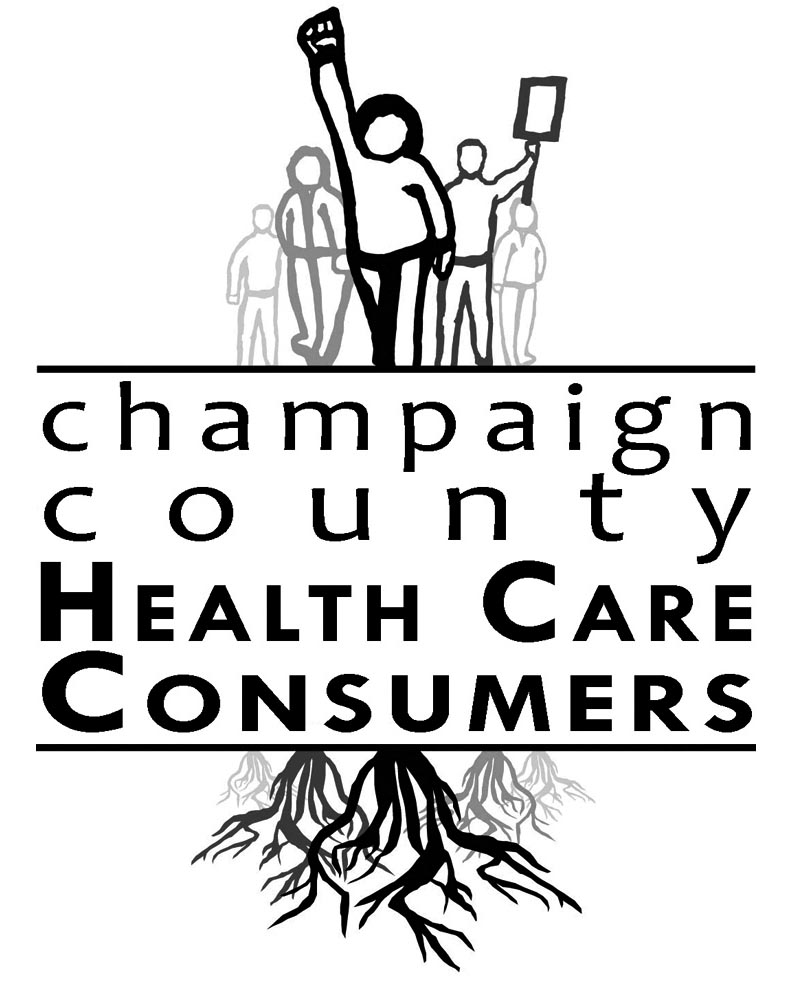Did You Know?
| Almost 11 million people (4.2% of the U.S. population) speak English “not well” or “not at all,” and over 21 million (8.1%) speak English less than“very well.”
People with Limited English Proficiency (LEP) should be provided with trained medical interpreters in health care settings. Failure to provide these services can lead to serious medical errors and even malpractice liability. |
Federal laws and guidelines require that all health care providers who receive federal funding provide meaningful access to services to people withLimited English Proficiency.
Federal funding is available to help states and health care providers pay for language interpreters and other language services. |
A Growing Population with Limited English Proficiency
In the United States, 18%of the population speaks a language other than English at home. It is critical that the this growing population with Limited English Proficiency be able tocommunicate with their health care providers.
In Illinois, 9.1% of the state population (almost 1 in 10 people) has Limited English Proficiency, a 60%increase in the size of limited English proficiency population of the state in1990. Illinois thus has the 10thlargest non-English speaking population.
And Champaign County in particular has a higher percentage of people with limited English proficiency than the rest of the state. In Champaign County, there are nearly 20,000 people over the age of 5 years who do not speak English well, a total of 11.8% of our County’s population (compared to 9.1% in the state of Illinois).
Interpreters and Language Services Are Essential to Health Care
Failure on the part of health care facilities to provide interpreters and other language services creates a barrier to, and diminishes the quality of, health care. For instance, language barriers in health care may result in: inability to access needed health care, misdiagnosis, unnecessary or inappropriate testing and treatment, less frequent use of primary and preventive care services and more frequent visits to the emergency room, and sometimes even death from medical error and miscommunication.
In our community, we know that too many people with limited English proficiency have faced significant barriers to accessing health care and have suffered injury, illness, and inappropriate treatment as a result of inadequate language services at our local hospitals and other major clinics. For instance, we know that in our community, non-English speaking patients calling the hospitals and other major clinics for care have been hung up on, or transferred to housekeeping or the kitchen where Latino/a workers were present. Patients with limited English proficiency in our community have been prescribed the wrong dosage and frequency of their prescription medication, been forced to give childbirth without an interpreter, and have suffered many other health care injustices as a result of inadequate local language services.
The Law and Our Rights
Title VI of the Civil Rights Act of 1964 prohibits discrimination based on race, color, or national origin by any person or institution receiving federal funding for programs or activities. The federal government and the courts have determined that the prohibition of discrimination based on national origin includes protections for people of different nationalities who do not speak English well.
In health care settings, this means that providers who receive federal funding (such as Medicare, Medicaid, and SCHIP) must work to ensure that patients with limited English skills have meaningful access to any program services and benefits that are offered to other patients. This includes virtually all hospitals, clinics, doctor’s offices, nursing homes,managed care organizations, state Medicaid agencies, and home health care agencies. Further, the Title VI protections extend to all the operations of the organization or business, not just those that receive federal funding.
The Office of Civil Rights (OCR) requires all recipients of federal funding to:
| 1.Provide translation services at no cost to the Limited English Proficient(LEP) individual.
2. Have written policies regarding language access services and staff who are aware of the policies. 3. Determine the language needs of prospective patients at the earliest possible opportunity. 4. Systematically track LEP clients and clients’ needs. 5. Identify a single individual or department charged withensuring the provision of language-accessible services. 6. Provide written notices to clients in their primary language informing them of their right to receive interpretive services.
|
7. Not use minors to translate.
8. Use family and friends astranslators only as a last resortand only with informed consent. 9. Ensure the availability of a sufficient number or qualified interpreters on a 24-hourbasis – including telephone services. 10. Use only qualified and trained interpreters with demonstrated proficiency in both English and the other language, knowledge of specialized terms and concepts in both language, and the ethics of interpreting. |
* These services are to be provided to ALL LEP patients, not just recipients of Medicare, Medicaid, and Kid Care.
Are YOU Getting the Interpreter and Language Services You Need?
Have you or someone you know ever needed health care and …
- Not been provided an interpreter by the health care provider?
- Been provided an inadequate or untrained interpreter?
- Had to rely on a family member or minor to interpret?
- Been denied care because you do not speak English well?
- Been treated rudely because you do not speak English well?
- Suffered greater illness or injury because of language barriers or miscommunication?
If so, or if you want to support the effort to bring more and higher quality interpreter services to our local health care system, then we need you to get involved!
Get involved:
For more information,to report a personal account of inadequate interpreter or other language services in the health care system, or to get involved in community efforts to address these problems, contact Champaign County Health Care Consumers at (217) 352-6533 or at cchcc@healthcareconsumers.org
We are grateful to The Access Project and the National Health Law Program for use of their Language Services Action Kit.

